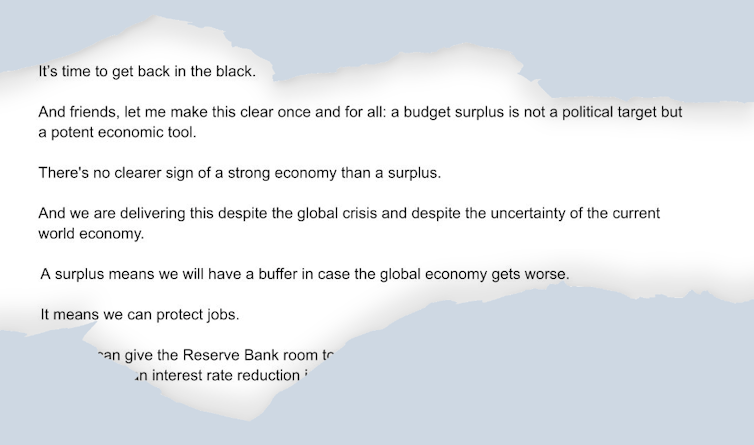
Divorce can be a difficult and emotionally draining process, but mediation and settlement often provide a constructive path forward. Instead of goin...

Understanding the landscape of disability support can feel overwhelming, especially when you're just starting out. If you’re looking for support a...

Modern dentistry has strong instruments that can produce life-changing outcomes when it comes to repairing a smile that has been impacted by tooth los...

Australia’s cost of living crisis is causing Gen Z to get creative with frugal living options. Earlier this year, young couple Koby and Amelie wan...
Air conditioning is essential in Australia, especially during the scorching summer months, when homes and workplaces can become unbearable without rel...

Introduction
In Brisbane’s hot and humid climate, air conditioning has become more of a necessity than a luxury. Whether it's keeping your home coo...

Creating the perfect balance between indoor comfort and outdoor living is something many homeowners aspire to achieve. In recent years, Lifestyle Aw...

The right bucket can streamline transport and make handling easier day to day. With options suited to food, chemicals and construction materials, th...

While air conditioning is common, it is not always the most cost-effective or sustainable solution, particularly during long hot summers. For homeow...

Air conditioning has become a fundamental part of homes and businesses, providing relief from sweltering summers and keeping interiors warm in winte...

From everyday waste to bulky items like furniture and appliances, finding the right way to dispose of rubbish is not always straightforward. This is...

In the digital age, we're constantly told that first impressions matter, and nowhere does this seem more apparent than in web design. However, a cur...

Many Australians hear the term "TPD" in relation to their superannuation and feel completely lost. If you're scratching your head, wondering what it...

Frequently, numerous new mothers wonder, "What does breastfeeding feel like?" The feeling is different for each individual - a few describe it as a ...

For many people, nail polish is more than a beauty statement – it’s part of their everyday routine. Whether you love bold colours, chic neutrals...

A New Chapter for Learning
For centuries libraries stood as temples of knowledge filled with shelves that smelled of dust and paper. Today the same...

Recent research has revealed that in 2022, 1 in 9 Australians experienced post-traumatic stress disorder (PTSD). For some, this can significantly im...

Australia’s sun-soaked lifestyle is a defining part of its national identity. From beaches and sports fields to weekend barbecues and bushwalks, t...



















